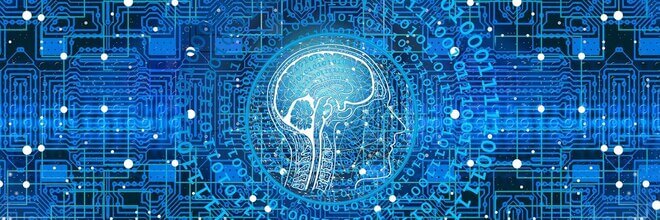Artificial intelligence (AI) refers to the creation of intelligent machines that can work and learn like humans.
It is a branch of computer science that involves the development of algorithms and computer programs that can analyze data, recognize patterns, and make decisions based on the information they have gathered.
The goal of AI is to create machines that can perform tasks that normally require human intelligence, such as visual perception, speech recognition, decision-making, and language translation.
AI has become a buzzword in recent years, as many businesses and industries have recognized its potential to revolutionize the way we work and live.
From self-driving cars to voice-activated assistants like Siri and Alexa, AI is already becoming a part of our daily lives.
However, there is still much to be learned about this rapidly developing field, and many questions remain unanswered about the potential benefits and risks of AI.
There are many different approaches to AI, but one of the most common is machine learning, which involves training a machine to learn from data without being explicitly programmed to do so.
This is achieved through the use of algorithms that can identify patterns in data and make predictions based on those patterns. Machine learning is used in a wide range of applications, from image recognition to fraud detection.
Another approach to AI is natural language processing, which involves teaching machines to understand and interpret human language.
This is an important area of research for applications such as language translation and chatbots.
AI is also being used in robotics, where machines are designed to perform tasks that are too dangerous or difficult for humans.
For example, robots can be used for bomb disposal or to explore environments that are hostile to human life, such as outer space or the deep sea.
One of the challenges of AI is ensuring that machines make ethical and responsible decisions.
As AI becomes more sophisticated, there is a risk that it could be used to automate jobs and replace human workers.
There are also concerns about the potential for AI to be used for malicious purposes, such as cyber attacks or autonomous weapons.
To address these concerns, researchers are working on developing AI systems that are transparent, explainable, and accountable.
This involves creating algorithms that can be audited and understood by humans, and building in safeguards to prevent unintended consequences.
In conclusion, artificial intelligence has the potential to transform the way we live and work.
From self-driving cars to medical diagnosis, the applications of AI are wide-ranging and rapidly expanding.
However, there are also significant challenges associated with the development of AI, including ethical and social concerns.
It is important for researchers, policymakers, and the public to work together to ensure that the benefits of AI are maximised while its risks are minimised.
